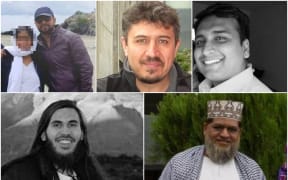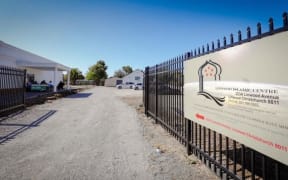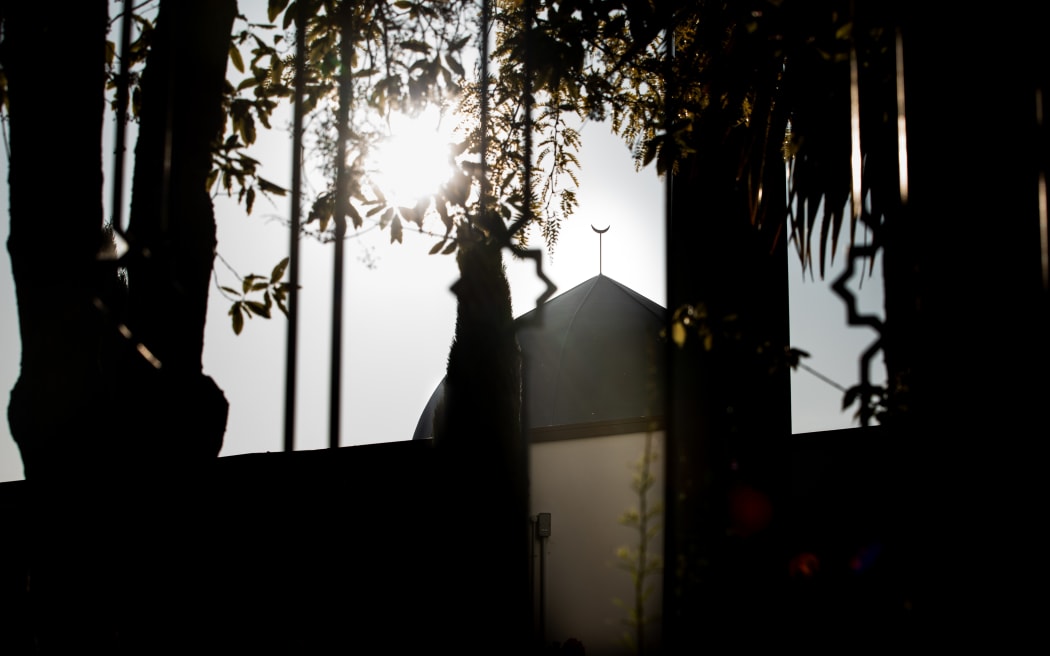
Christchurch's Al Noor Mosque. Photo: RNZ / Samuel Rillstone
Intense and realistic multi-agency training is needed to help prepare paramedics for major incidents like the Christchurch terror attack, an inquest has heard.
The inquest into the 51 worshippers who were killed at Al Noor Mosque and Linwood Islamic Centre on 15 March 2019 is in its final day.
The court previously heard St John had no policy for dealing with a terrorist attack and its staff were not prepared for it.
United States-based police expert Alan Brosnan said first responding paramedics needed realistic training in realistic environments with police to prepare themselves for dealing with major incidents.
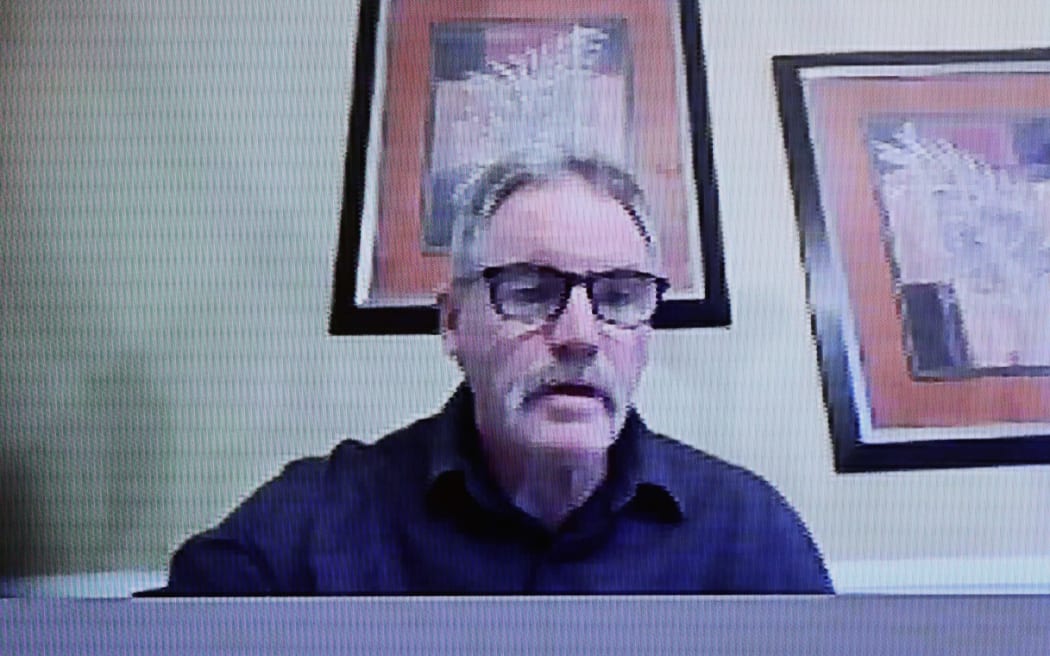
Police expert Alan Brosnan. Photo: Pool/Stuff
"Smoke-filled environments, alarms going off, sprinklers going off, noise, confusion and so forth," Brosnan said.
"That's the only way they're going to be able to handle it on the day, so training is extremely beneficial to prepare them as best we possibly can for that unfortunate incident.
"They will then be more in their comfort zone versus a terrifying awkward zone to them."
United Kingdom-based counter terrorism expert Julian Platt agreed.
Platt said he had been part of many training sessions for tactical officers who were used to working in dangerous environments.
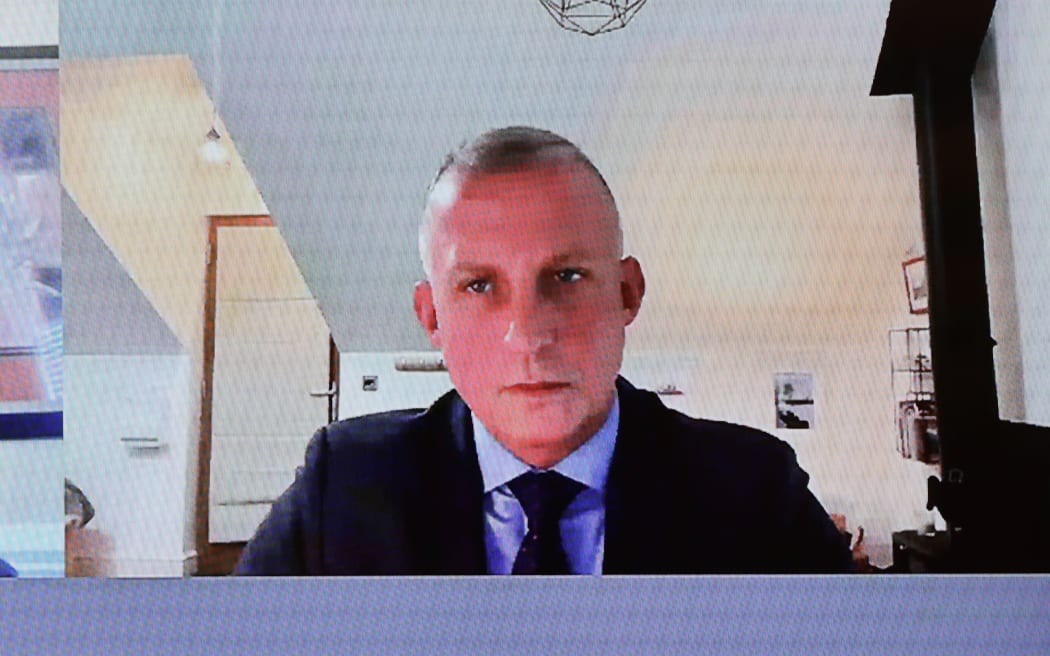
Counter terrorism expert Julian Platt. Photo: Pool/Stuff
Even for them, such training sessions have been a "complete paradigm shift".
"Examples include officers deploying in shopping malls that they were very familiar with, but they were so disorientated when sprinklers are going off, lights are flashing off, repeated high-level gunfire going off where the over-pressure from large high calibre weapons inside a building causes lights to fall down and things like that.
"It's a really challenging setting and for any emergency responder to move through that and then effect a rescue, that takes a lot of training to understand exactly what they are training for, and it is very different to what their business as usual is."
Brosnan said he understood St John's Special Emergency Response Team (SERT) members often trained with police's Armed Offenders Squad (AOS), but it was critical that the training expanded to frontline police and paramedics.
It would help the agencies have a better understanding of how to work together in emergency situations and know how to deal with any situation that may arise.
It would also increase trust, he said.
Deputy Chief Coroner Brigitte Windley and counsel will be giving closing comments this afternoon.

